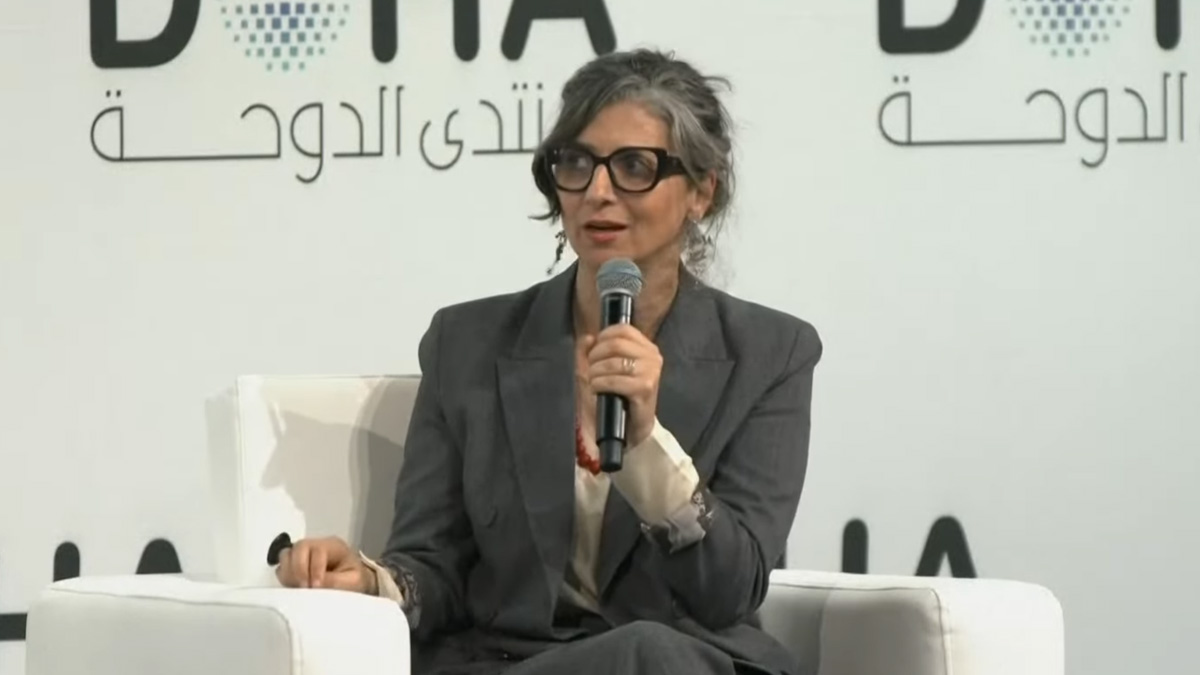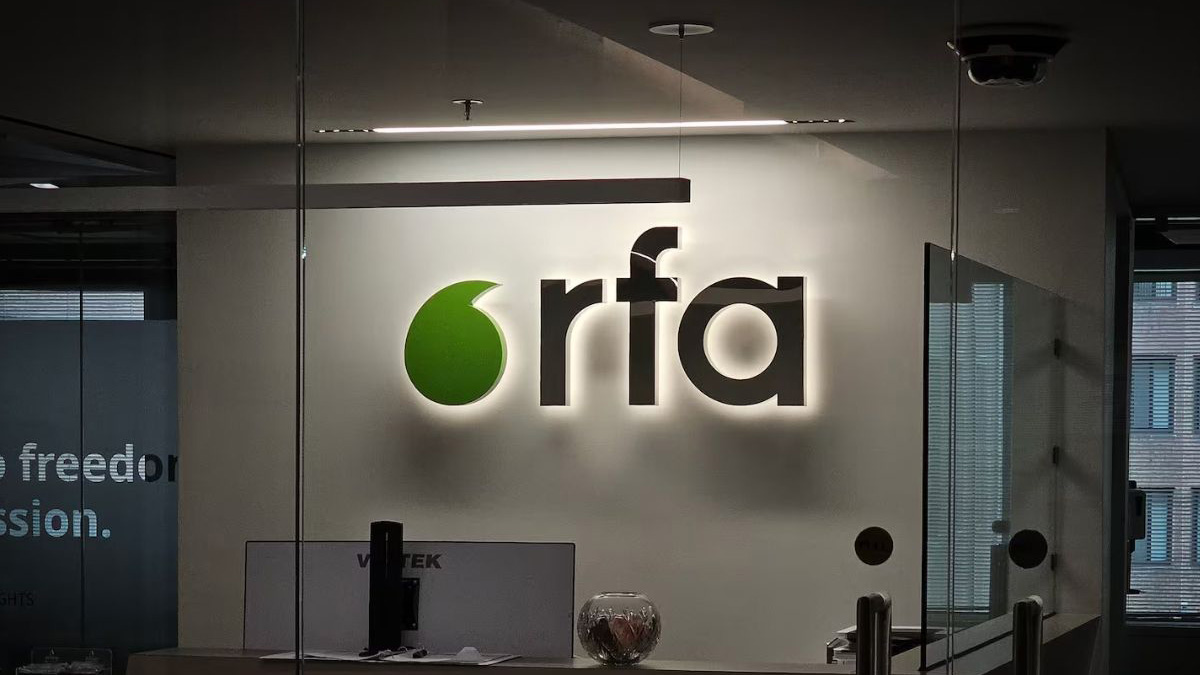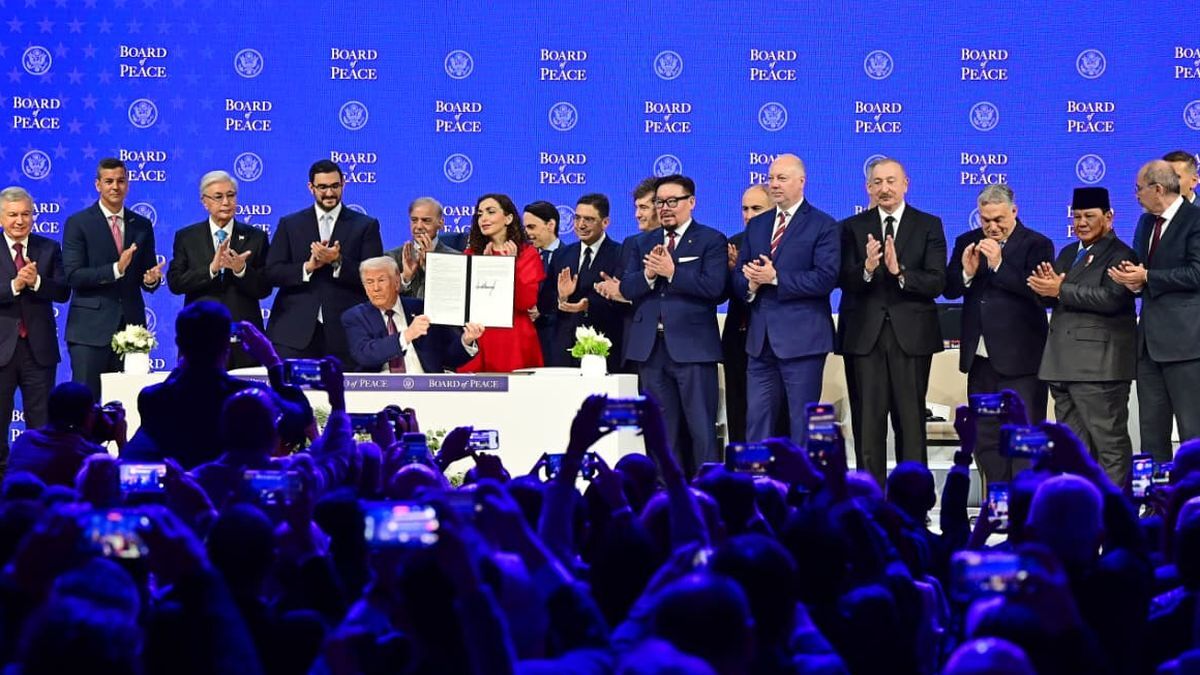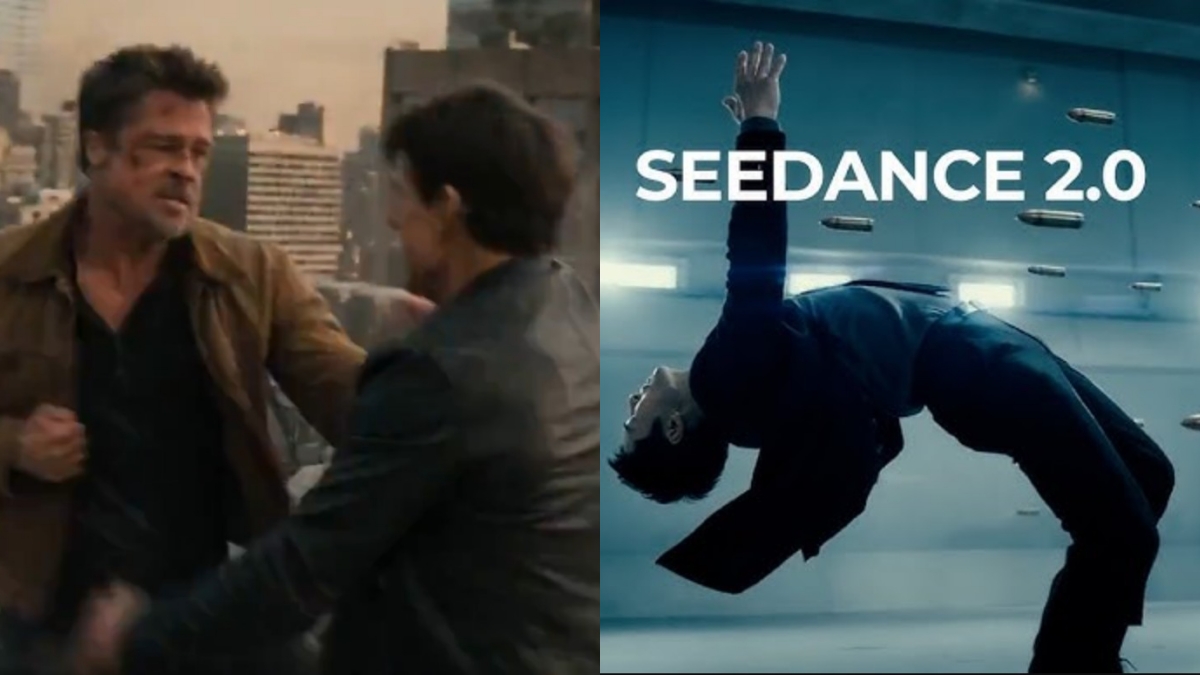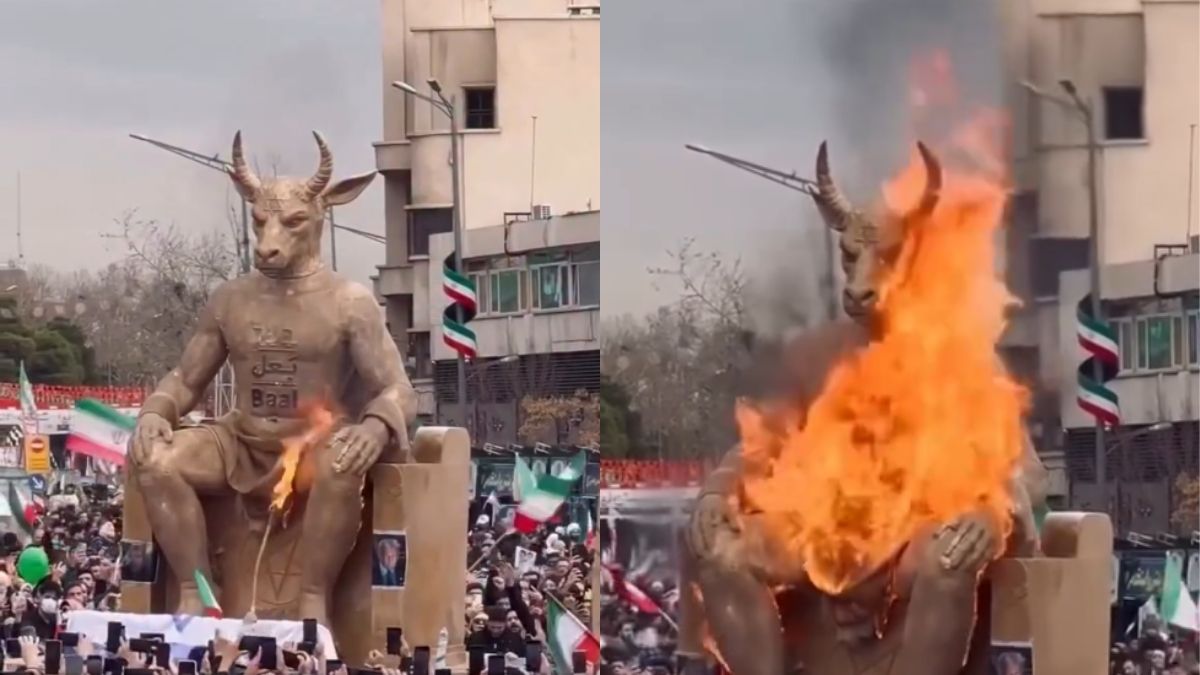Revised US–Ukraine peace plan unveiled after concerns over Moscow-leaning earlier proposal
The US and Ukraine have unveiled an updated peace framework after criticism that Washington’s earlier proposal tilted too far towards Moscow. Officials say “meaningful progress” has been made, though major issues remain ahead of a looming Thursday deadline set by President Donald Trump.

- The United States and Ukraine have announced an updated framework aimed at reaching a just peace in the Russia-Ukraine war.
- The revised proposal follows criticism of an earlier US plan seen as too favourable to Moscow.
- Negotiators say progress has been made, though key issues remain unresolved ahead of a Thursday deadline set by President Donald Trump.
The United States and Ukraine have announced an updated peace framework aimed at ending the Russia-Ukraine war, following criticism that an earlier proposal by Washington appeared too favourable to Moscow.
According to a joint statement by US and Ukrainian officials on 23 November 2025, the revised approach seeks to “fully uphold” Ukraine’s sovereignty.
The sides issued the statement on Sunday after talks in Geneva.
They said consultations had been “highly productive” and had shown “meaningful progress” in aligning positions and developing next steps towards a “sustainable and just peace”.
The updated framework, however, remained sparse on detailed provisions.
Officials reaffirmed their readiness to work together to secure a peace that guarantees Ukraine’s security, stability, and reconstruction.
US Secretary of State Marco Rubio said negotiators had made “tremendous” progress.
He noted that the teams had refined US President Donald Trump’s 28-point plan, including changes relating to the role of NATO.
Rubio said that the remaining points of contention were “not insurmountable”.
He emphasised that more time was needed but expressed optimism that agreement was achievable.
Rubio declined to elaborate on specific amendments, including whether Kyiv had accepted compromises on Russian demands such as territorial concessions.
He maintained that the progress made gave him confidence that a workable outcome was within reach.
The cautious optimism came as President Trump criticised Kyiv for allegedly showing insufficient gratitude for US assistance.
Trump wrote on Truth Social that Ukraine’s “leadership” had shown “zero gratitude”, while Europe continued to buy Russian oil.
Following Trump’s comments, Ukrainian President Volodymyr Zelenskyy wrote on X that he was grateful to the United States and “personally to President Trump” for support in repelling Moscow’s invasion.
His remarks aimed to defuse tensions ahead of further negotiations.
Trump’s leaked plan drew criticism in Kyiv and across Europe for aligning with several Russian positions.
Among its contentious elements were proposals for Ukraine to limit its military size and relinquish Crimea, Luhansk, and Donetsk.
Zelenskyy said in a national address last week that the plan forced Ukraine to choose between “losing dignity” and “losing a key partner”.
His comments underscored the political pressures surrounding the negotiations.
European Commission President Ursula von der Leyen said on Sunday that any peace plan must respect Ukraine’s freedom to choose its future.
She reaffirmed the EU position that Ukraine’s path includes reconstruction, integration into the Single Market, and eventual membership of the Union.
Asked whether a deal was possible by Trump’s Thursday deadline, Rubio said the US aimed to conclude discussions “as soon as possible”.
He added that Thursday would be preferable but stressed that the process remained ongoing.
Rubio described the peace plan as a “living, breathing document” that would continue to evolve.
He also stated that any final proposal would need to be presented to Moscow for approval.
“Obviously, the Russians get a vote here,” Rubio said, noting that no agreement could be finalised without engagement from all parties.
Russian President Vladimir Putin said last Friday that Trump’s plan could serve as a basis for a final settlement, but warned that Moscow would advance further into Ukrainian territory if Kyiv refused to negotiate.


